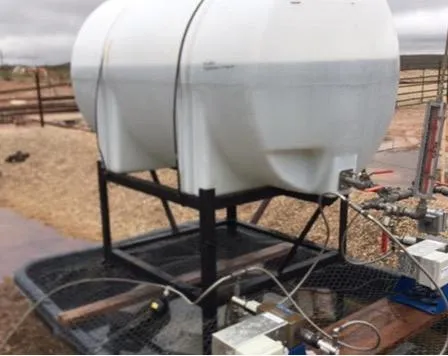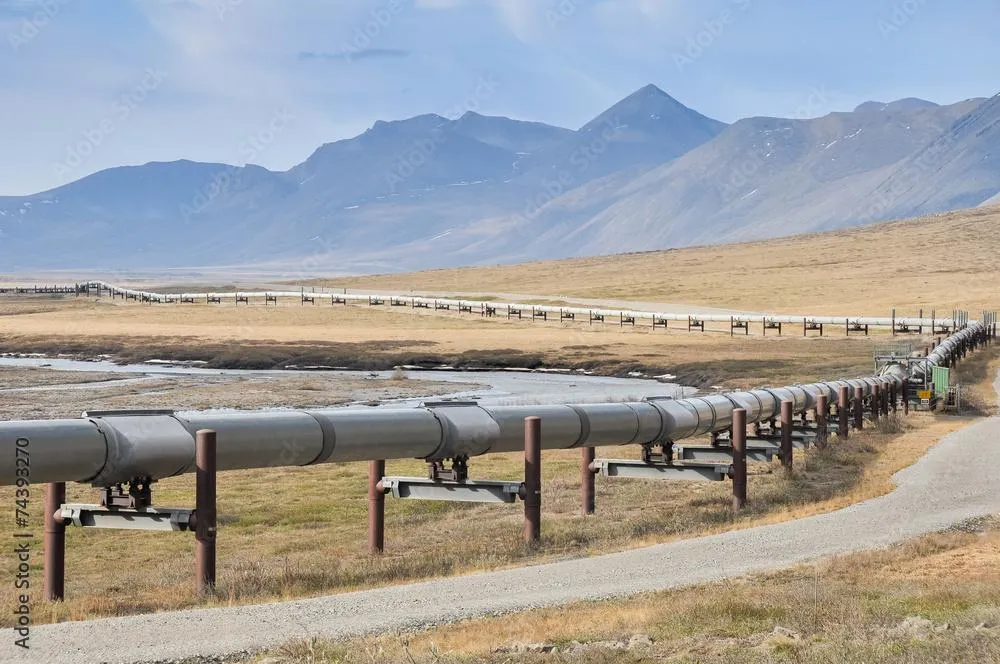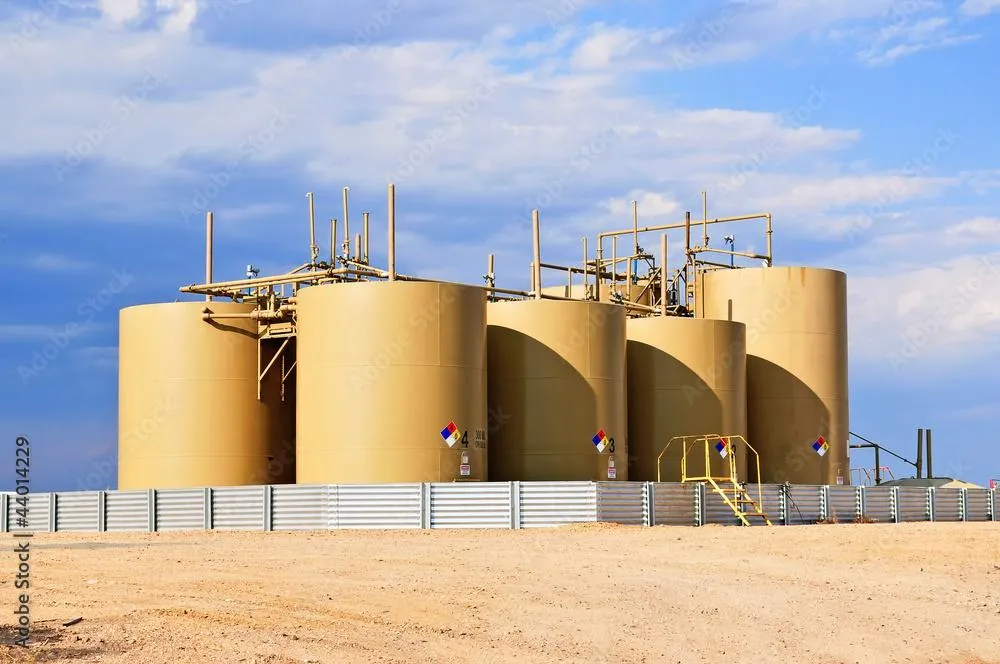Crude Oil & Fuels
Innovative chemical solutions for H₂S removal.
Increased efficiency and reduced costs.
The Knockout Process
H₂S Knock-Out converts H₂S instantly and irreversibly into a non-toxic sulfur salt and water:

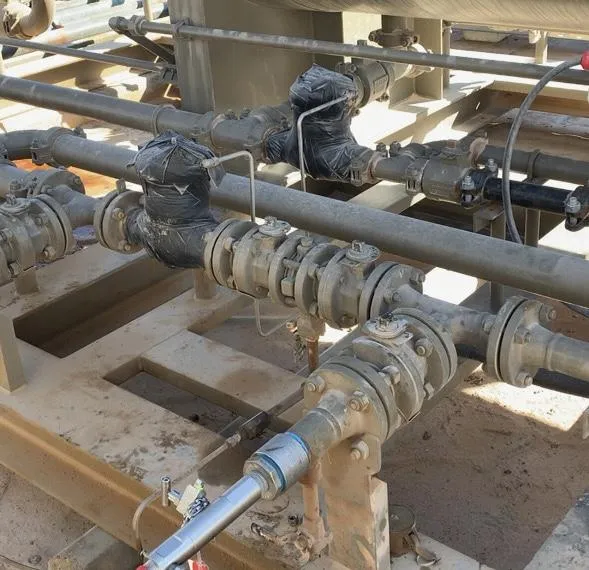

H₂S Knockout has earned the approval of major producers and midstream companies, and is a trusted solution utilized by a wide range of professionals in the crude oil & fuels industry.
H₂S Knockout has earned the approval of major producers and midstream companies, and is a trusted solution utilized by a wide range of professionals in the crude oil & fuels industry.
Applications
Can be injected down hole, at the wellhead, or post separation.
H₂S Knock-Out should be injected at or near the inlet valve of the transfer pump as the product is being transferred from tank to tank. Alternatively, H₂S Knock-Out can be added to a storage tank and circulated.
H₂S Knockout converts the H₂S and
Mercaptans into sulfur salts instantly upon contactThe chemical then separates from
the hydrocarbons due to the higher
specific gravity, leaving the hydrocarbons unaffected.
Advantages
The reaction is irreversible and the result
is non-toxic aqueous salts that are easily separated in the produced water process.
The amount of H₂S Knockout required to remove H₂S from any system is up to 5 times less than that of a triazine based scavenger.
Eliminates formations of solids, corrosions, and mitigates safety concerns associated with triazine and formaldehyde based treatments.
Greater efficiency leading to reduced costs.
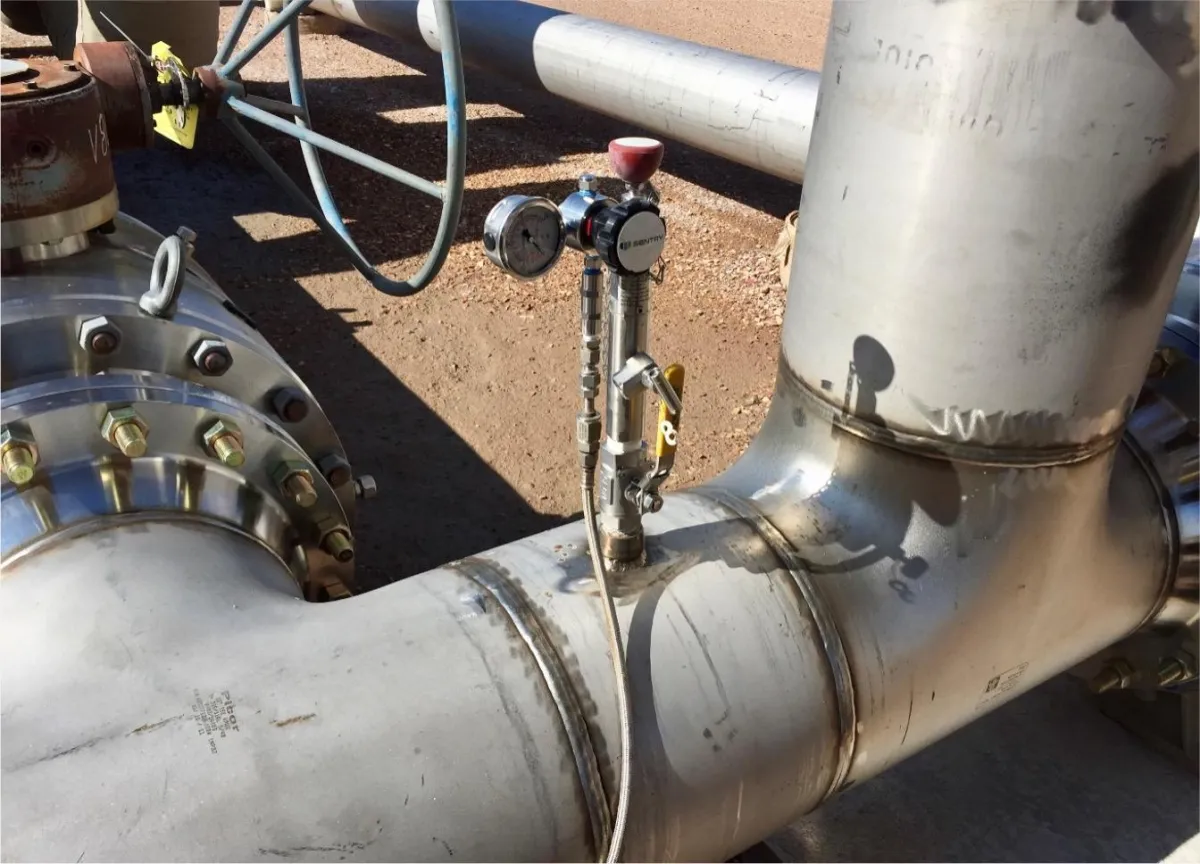
Applications
Can be injected down hole, at the wellhead, or post separation.
H₂S Knock-Out should be injected at or near the inlet valve of the transfer pump as the product is being transferred from tank to tank. Alternatively, H₂S Knock-Out can be added to a storage tank and circulated.
H₂S Knockout converts the H₂S and
Mercaptans into sulfur salts instantly upon contactThe chemical then separates from
the hydrocarbons due to the higher
specific gravity, leaving the hydrocarbons unaffected.
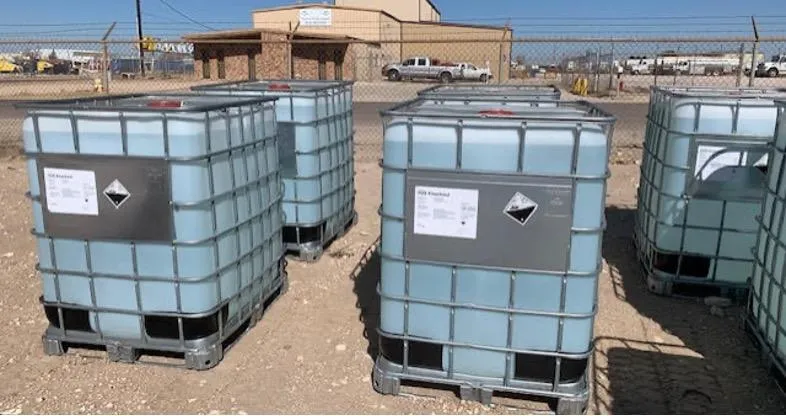
Advantages
The reaction is irreversible and the result is non-toxic aqueous salts that are easily separated in the produced water process.
The amount of H₂S Knockout required to remove H₂S from any system is up to 5 times less than that of a triazine based scavenger.
Eliminates formations of solids, corrosions, and mitigates safety concerns associated with triazine and formaldehyde based treatments.
Greater efficiency leading to reduced costs.
View Related Case Studies
Pages
Case Studies
Follow Us

Copyright H₂S Knockout 2023 . All rights reserved

Pages
Case Studies
Follow US

